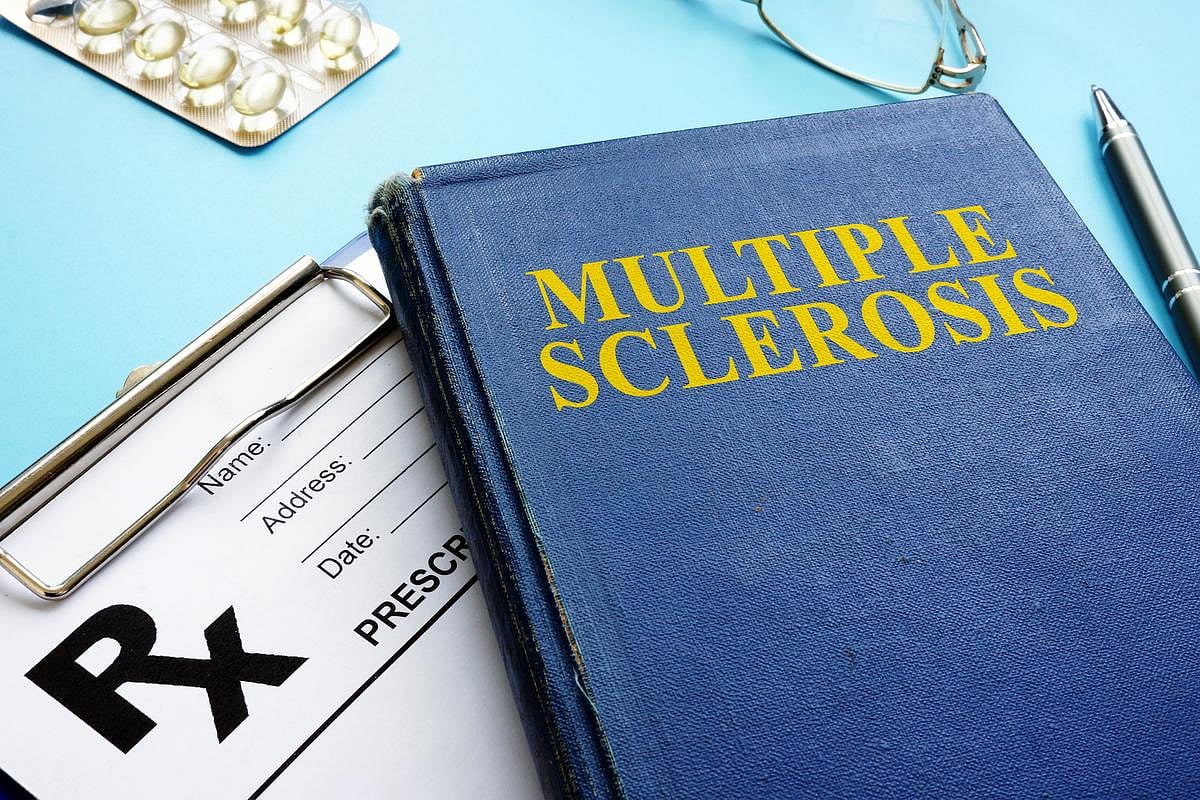Monday - Friday: 9:00 AM to 7:00 PM
Saturday: 9:00 AM to 4:00 PM
Sunday: 9:00 AM - 2:00 PM
Text or call us at (973) 483-4749, Fax (973) 482-0643, or send an e-mail to info@lisspharmacy.com(973) 483-4749, Fax (973) 482-0643, or send an e-mail to info@lisspharmacy.com. Someone from our team will get back to you as soon as possible!
Manténgase sano!

- Dennis Thompson
- Posted May 19, 2025
AI Can Help Track MS Progression
Artificial intelligence (AI) can help detect when a person’s multiple sclerosis (MS) has reached an advanced state, a new study says.
A newly developed AI correctly judged with 90% accuracy when a person’s MS had transitioned to a stage where it will progress steadily, researchers reported recently in the journal npj Digital Medicine.
“For patients, this means that the diagnosis can be made earlier, which makes it possible to adjust the patient’s treatment in time and slow down the progression of the disease,” study co-author Kim Kultima, an associate professor of medical sciences and clinical chemistry at Uppsala University in Sweden, said in a news release.
Most MS patients start with the relapsing-remitting form of the disease, where deterioration occurs between periods of stability.
Over time, many then transition to secondary progressive MS, where their symptoms get steadily worse with no breaks.
It’s important to detect this transition because the two forms of MS require different treatments, researchers said in background notes.
However, this diagnosis is currently made an average three years after the transition has begun, leading some patients to take medicine that’s no longer effective, researchers said.
They trained the new AI model using clinical data from more than 22,000 patients in the Swedish MS Registry, including neurological tests, MRI scans and ongoing treatments.
“By recognizing patterns from previous patients, the model can determine whether a patient has the relapsing-remitting form or whether the disease has transitioned to secondary progressive MS,” Kultima said.
“What is unique about the model is that it also indicates how confident it is in each individual assessment,” he added. “This means that the doctor will know how reliable the conclusion is and how confident the AI is in its assessment.”
In a test dataset of about 3,600 patients, the AI detected their transition between early to progressive MS in a timely fashion -- or even earlier -- about 87% of the time, researchers found.
“In the long term, the model could also be used to identify suitable participants for clinical trials – which could contribute to more effective and individualized treatment strategies,” Kultima said.
The team has placed an open version of the AI model on the internet, for other researchers to test.
More information
The National MS Society has more on diagnosing multiple sclerosis.
SOURCE: Uppsala University, news release, April 28, 2025









